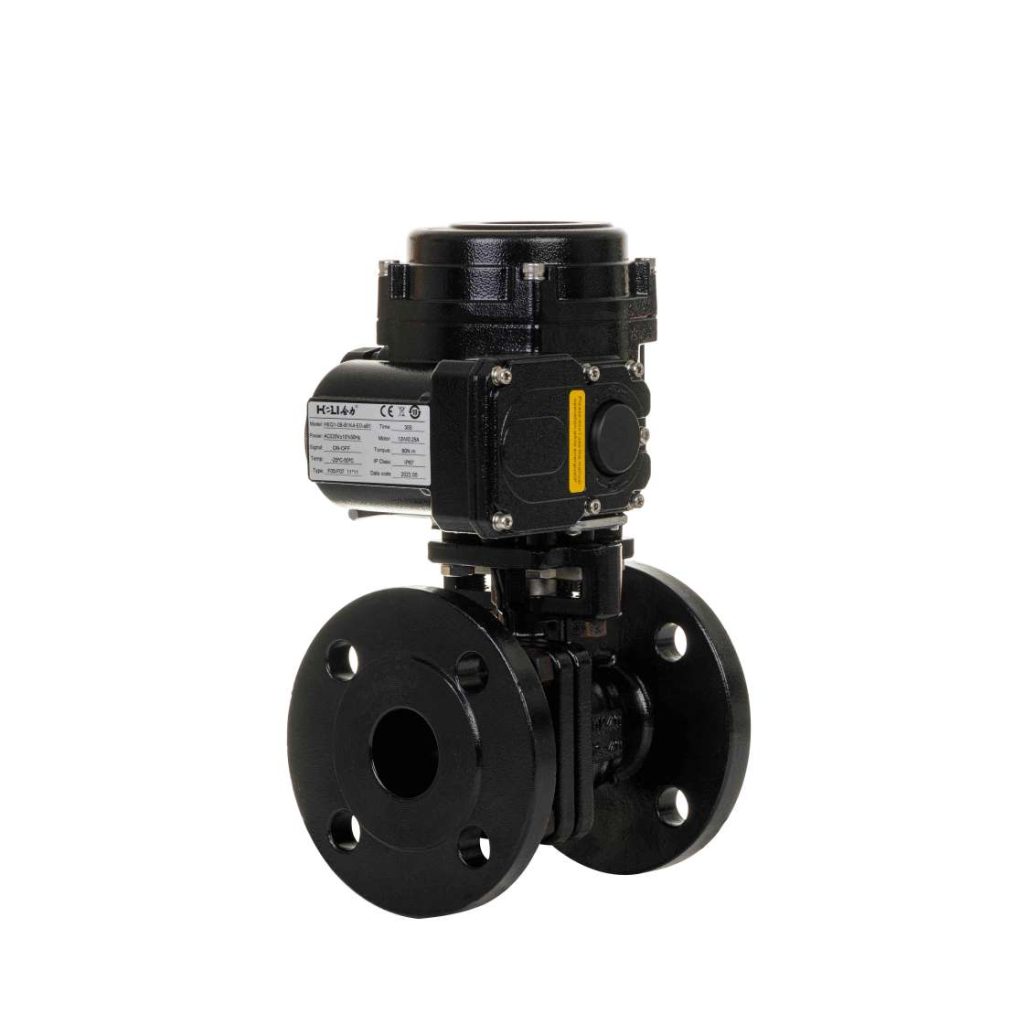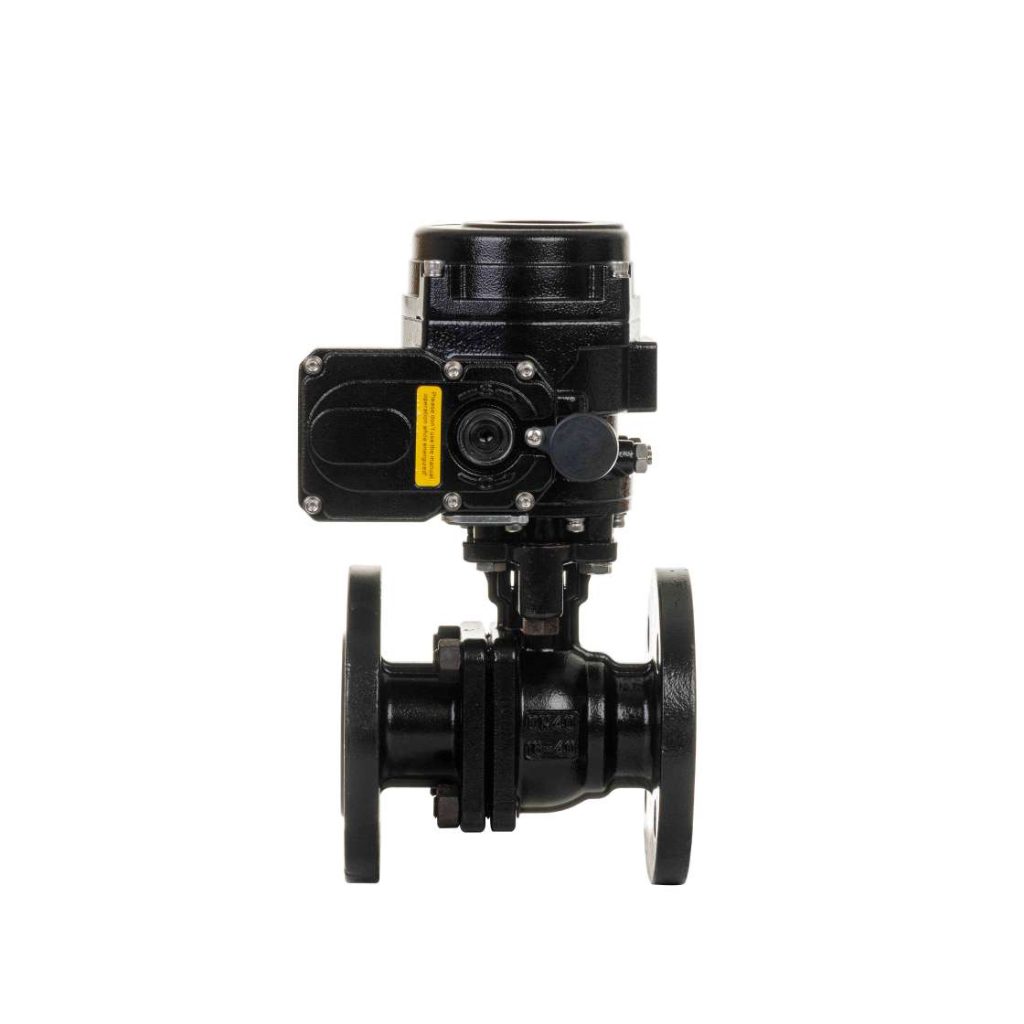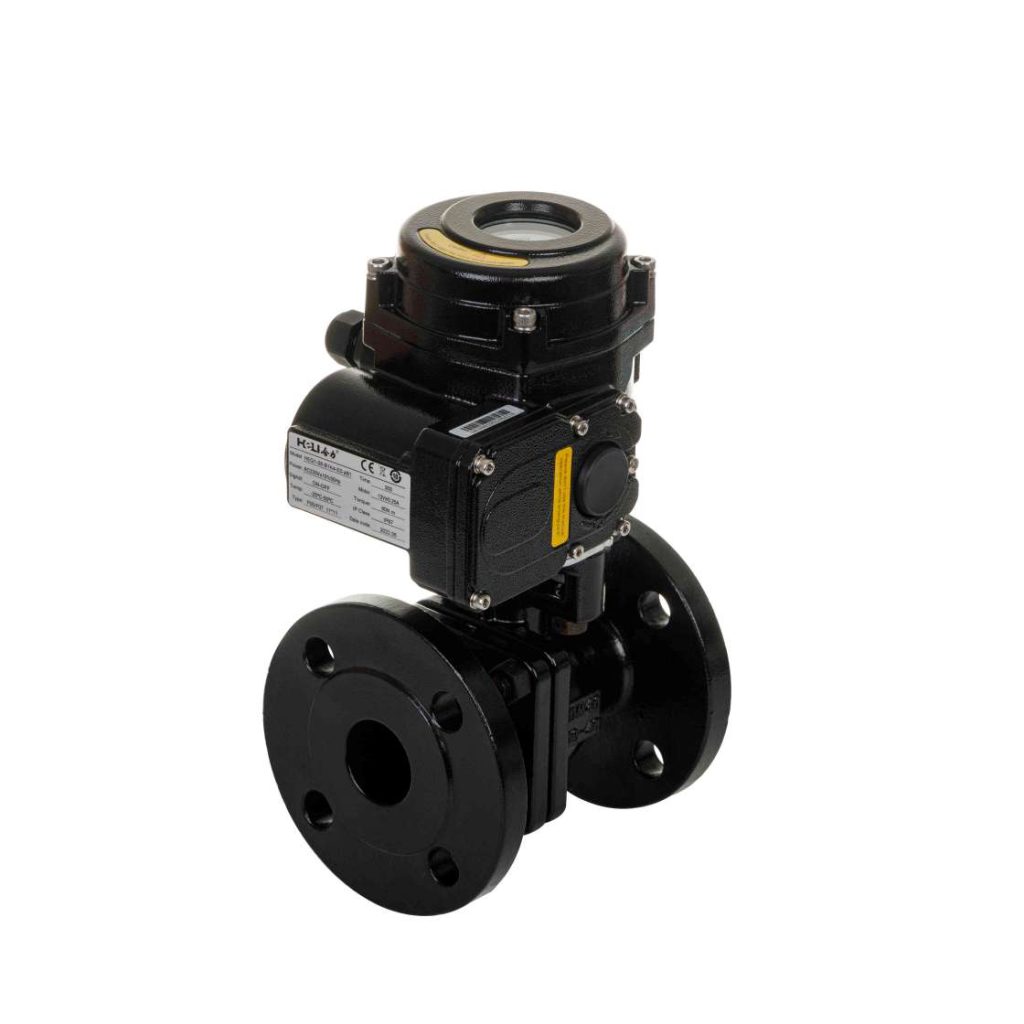In industries such as chemicals, oil and gas, and pharmaceuticals, safety is paramount. Many processes involve flammable gases, liquids, or dust that can lead to catastrophic explosions if not properly managed. To mitigate these risks, specialized equipment like WCB Explosion-proof electric valves plays a crucial role. These valves are designed to operate safely in hazardous areas where explosive materials or environments may be present. This article will explore the design, features, applications, and advantages of the WCB Explosion-proof electric valve, demonstrating its significance in maintaining safety in high-risk industries.

What is a WCB Explosion-proof Electric Valve?

A WCB Explosion-proof electric valve combines two essential components: the WCB material and explosion-proof electrical design. “WCB” refers to a specific carbon steel material that is commonly used in manufacturing industrial valves due to its durability, strength, and resistance to corrosion. The “explosion-proof” feature is a critical safety element, especially in environments prone to flammable gases or dust particles. Explosion-proof valves are engineered with a special casing to prevent the risk of sparking, preventing potential ignitions in hazardous atmospheres. These valves are driven by electric actuators, making them suitable for automated control systems. They are often used in processes requiring remote operation or precise control of flow, pressure, or temperature. The electric actuator allows the valve to be operated without the need for manual intervention, enhancing convenience and safety in operations.
